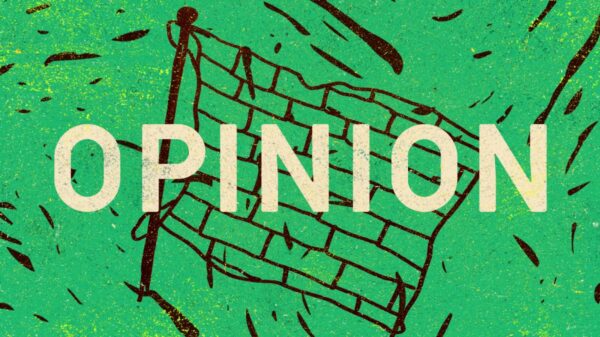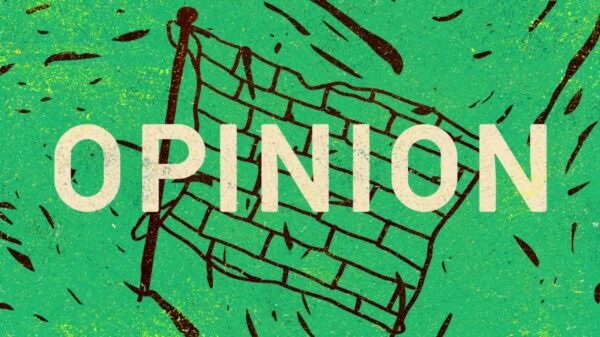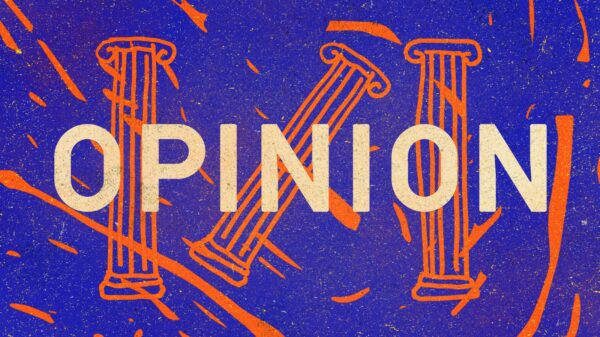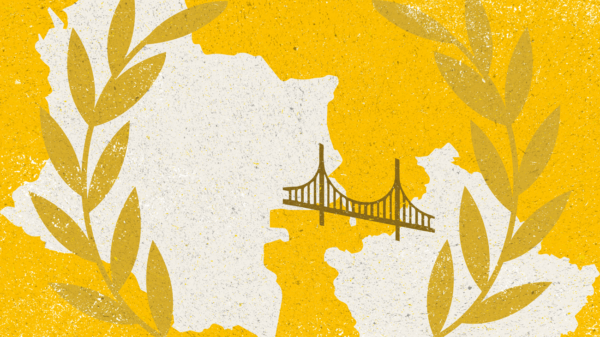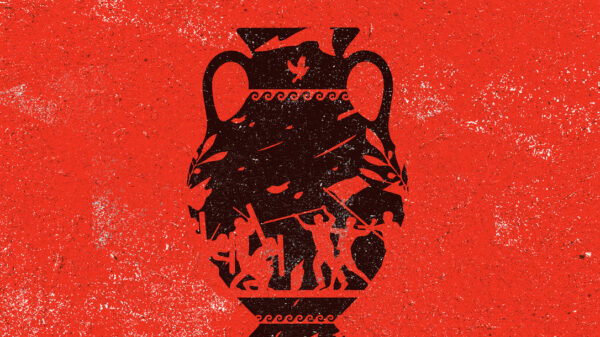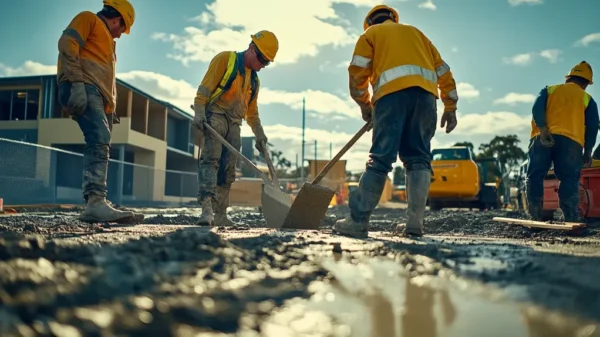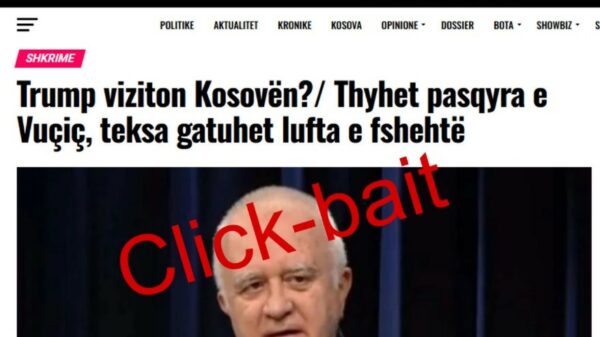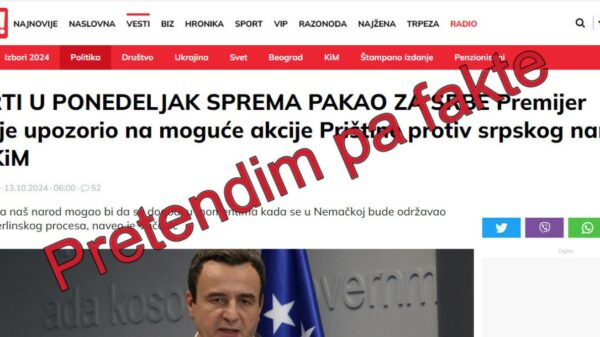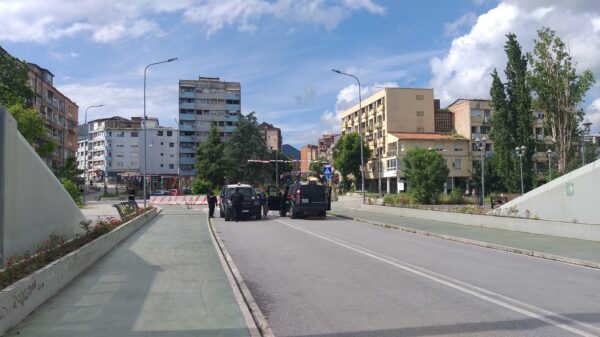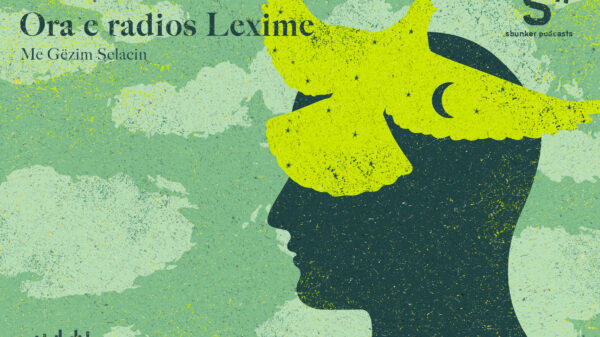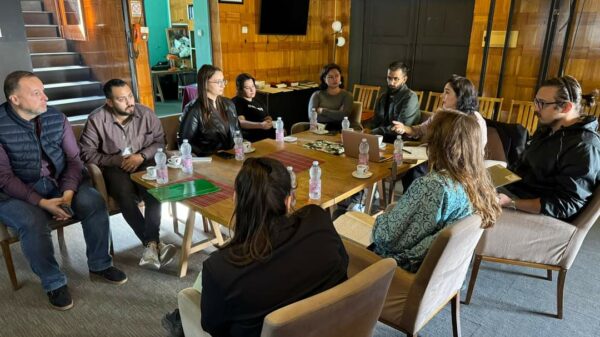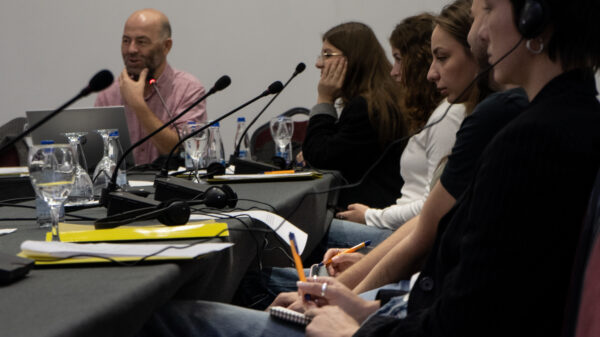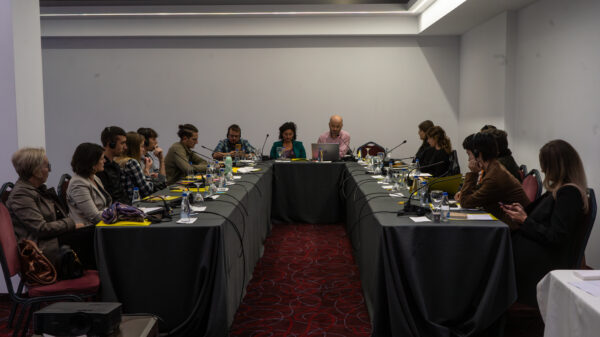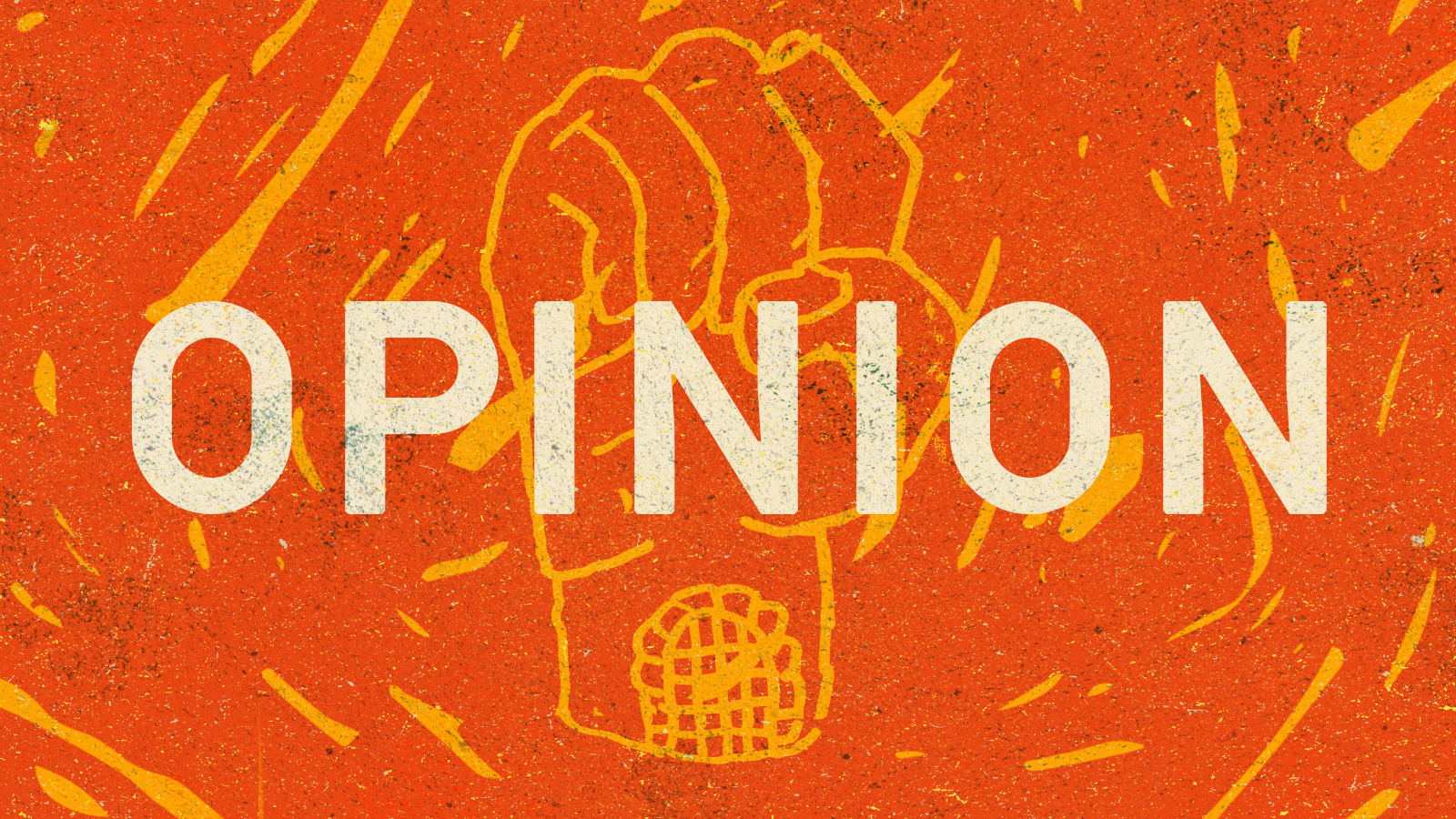On June 14, 2023, Kosovo Prime Minister Albin Kurti imposed a ban on goods originating from Serbia, citing security concerns. The only products exempted from the ban are construction materials.
The US government said there was no evidence given by the Kosovo government as to how the ban stopped security threats.
The blockade has created confusion among importers and adversely affected foreign-owned companies operating in Kosovo by disrupting their supply chains and increasing costs for both businesses and consumers.
This decision is a violation of the Central European Free Trade Agreement (CEFTA), to which Kosovo is a signatory.
In an effort to resolve the issue, Germany’s Special Envoy for the Western Balkans, Manuel Sarrazin, visited Kosovo, warning that the country risks penalties or potential expulsion from CEFTA if it does not change its course.
However, Prime Minister Kurti remains steadfast in his position, seemingly unfazed by these threats. Beyond the economic implications, this policy could jeopardize Kosovo’s relationships with its allies and lead to further isolation.
The ban on Serbian goods disrupts Kosovo’s economy
Since the COVID-19 pandemic, food prices in Kosovo have risen 20 percent. The consumer price index continues to rise despite inflation leveling off recently. Further, it is estimated that Kosovo is losing nearly 500 million euros in trade yearly due to the ban.
In a recent BBC World Service program, the internationally acclaimed owners of the Lakicevic winery from Leposavic discussed how the blockade has impacted their business. They can no longer purchase cheaper bottles and containers from Serbia, forcing them to source from Italy and Greece at higher prices, which they must pass on to their customers.
If a foreign company wants to sell its products in Kosovo, or anywhere else in the region, it typically needs to do so through regional agreements. This is because individual markets, like Kosovo's, are too small to justify direct exports. As a result, foreign companies often make contracts with Serbia, the largest market, to distribute their products to other countries, including Kosovo.
However, if Kosovo blocks Serbian companies, it also restricts access to the products of these foreign companies, forcing them to find alternative routes through other countries to reach the Kosovo market.
This ban has impacted all communities in Kosovo, many of whom prefer Serbian products due to their quality and lower prices compared to other competitors in the region.
Kosovo risks potential expulsion from CEFTA
Manuel Sarrazin, the German Special Representative for the Countries of the Western Balkans, visited Kosovo twice in September. He issued a series of statements warning that Kosovo could face penalties and potential expulsion from CEFTA if it does not reverse its decision.
To address the Kosovo government’s security concerns, Germany proposed sending more advanced security scanners to manage potential threats in exchange for lifting the ban on Serbian products.
Additionally, Germany offered Kosovo the opportunity to represent itself in CEFTA, rather than being represented by the United Nations Mission in Kosovo—a lingering arrangement stemming from Serbia’s refusal to recognize Kosovo and a long-standing aspiration for Kosovo to fully represent itself in regional forums. However, Prime Minister Kurti declined this offer, choosing to maintain the ban.
The American Chamber of Commerce in Kosovo highlights that the ban damages trade by increasing prices and disrupting supply chains. They noted that local producers face significant barriers to accessing regional markets and foreign investors are hesitant to engage with Kosovo.
Additionally, they emphasized that fostering good neighborly relations is crucial for Kosovo’s Euro-Atlantic integration, warning that the current approach could lead to economic and political isolation, stagnating growth and harming citizens' well-being.
As Sarrazin said, Kosovo now risks being excluded from CEFTA and the Berlin process - another initiative to further cooperation within the Western Balkan Six and the EU.
This decision leaves Kosovo increasingly isolated, limiting its ability to forge the connections necessary for political and economic sustainability. With EU measures still firmly in place, the Kosovo government appears to prioritize short-term domestic political gain in the lead-up to elections, rather than focusing on the long-term welfare of its citizens.





